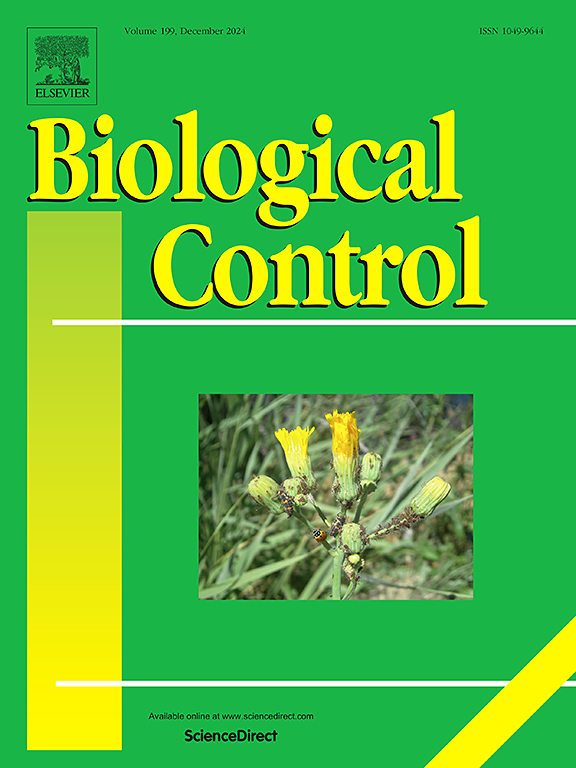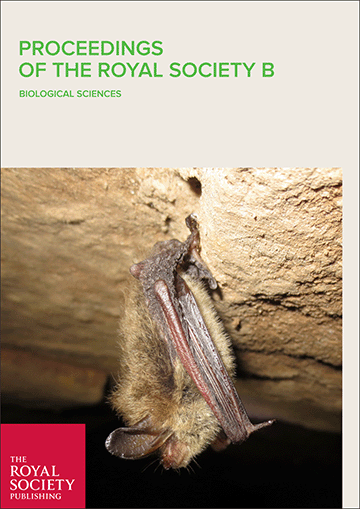The orang-utan Pongo spp. is protected by national and international legislation, yet populations continue to decline. Many reports implicate local people in the poaching and illegal trade in orang-utans, yet community participation has been promoted as an alternative conservation strategy. To explore how community-based orang-utan conservation could be developed, we conducted a study to understand informal institutions, particularly local people's perceptions, traditional beliefs, taboos, norms and knowledge, related to orang-utan conservation within and around the wetlands of Danau Sentarum. The majority of Dayak communities interviewed practised traditional taboos, which supported the protection of orang-utans and their habitat. Statistical analysis using generalized linear modelling indicated that more orang-utan nests were found in areas with both good habitat condition and strong informal institutions. Despite applying traditional systems that are similar to conservation, local people have negative perceptions about the term 'conservation'. We describe the underlying causes of these negative perceptions and highlight their implications for conservation programmes and policies. We conclude that conservation of orang-utans and other species should not focus on single species but on maintaining social and natural capital, cultural diversity and ecological functions at various institutional levels and across geographical scales.
Download:
DOI:
https://doi.org/10.1017/S0030605316000636
Altmetric score:
Dimensions Citation Count:

























